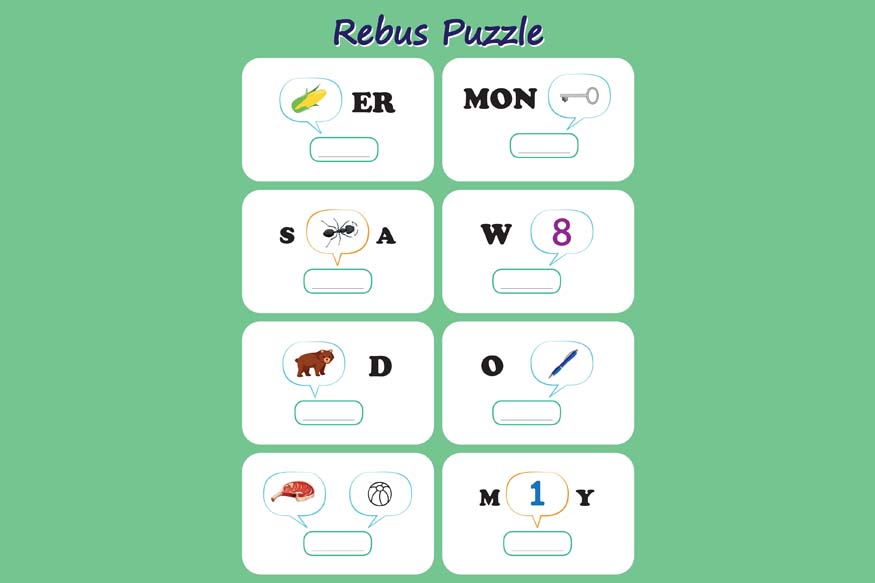Table of contents
- Introduction
- Understanding the higher education meaning
- The journey from secondary to higher education
- The Objectives of Higher Education
- The Importance of Higher Education
- Types of Higher Education Programs
- Preparing for Higher Education
- Conclusion
Introduction
High school education aims to offer students the necessary academic knowledge, reasoning skills, and social experiences to prepare them for the next phase of education. This blog post will focus on higher education meaning and its impact on students’ future.
Understanding the Higher Education Meaning
Higher education is not just about obtaining a degree; it is about increasing your awareness academically and beyond. It also involves improving your critical thinking skills, and preparing for future employment. Higher education meaning also includes overall personality development, enhanced intellect, and training in specialised skills in your chosen field.
The Journey from Secondary to Higher Education
Higher education prepares us for the challenges of tomorrow, adult life and future workspace challenges. The scope of higher education extends beyond education. It is a journey of self-discovery and personality development. It further involves:
- Creating a solid academic base for future studies.
- Encouraging critical thinking and problem-solving abilities.
- Encouraging independent learning.
The Objectives of Higher Education
The objectives of higher education are multifaceted and include building profession-specific training for the job market. Educational institutions help students achieve overall growth through individual learning and personality development. Moreover, investing in the education of students prepares them for careers in diverse fields. These objectives of higher education define and steer the format and content of degree programs so that students gain a valuable education. We hope this gives a glimpse into higher education’s meaning for students.
The Importance of Higher Education

- Career Opportunities: Higher education opens multiple career opportunities to students, leading to better employment opportunities and higher pay.
- Personal Development: Higher education’s scope goes beyond academics. It helps students improve their critical analysis, communication and decision-making skills.
- Social Impact: Higher education contributes to societal progress by cultivating well-informed citizens and skilled individuals who can handle challenges.
- Global Competitiveness: In the globalised economy, higher education prepares people for making a successful competition in the world markets.
Higher education is crucial in the modern world. It provides students with the resources and information they need to overcome the hurdles posed by fluctuating job areas and advancing technology.
Types of Higher Education Programs
To understand what is higher education, it is crucial to unravel the range of programs offered. Higher education encompasses:
- Undergraduate Degrees (e.g., Bachelor’s)
- Postgraduate Degrees (e.g., Master’s, PhD)
- Professional Courses (e.g., Medicine, Law)
- Vocational and Technical Programs
These programs contribute to higher education meaning and create various opportunities for students to achieve their academic and occupational plans.
Higher education in India
The Indian system of higher education presents a wide range of opportunities for educational and career growth. After passing 12th standard, your options are university, college and specialised institute. Some are more conventional, such as B. A., B. Sc. , and B. Com. They include certificates, diplomas, degree courses for arts, commerce, science, distance education, technical classes, engineering (B. Tech), medical (MBBS), law (LLB) and many other professional courses.
IITs, IIMs, and AIIMS are some of the elite institutions in India that require entrance exams like JEE, NEET, and CUET. State universities and private colleges also provide standard education in most fields.
Higher education in India is not just about career preparation. It’s a journey that provides opportunities for personal development and helps students build networks. Despite the challenges of competition and high fees, it’s important to remember that the government offers scholarships and education loans, providing crucial support for your academic journey.
Preparing for Higher Education

When you are in higher secondary school, always be prepared for future higher education in your plans. Here are some tips to prepare:
- Concentrate on your studies and aim for academic excellence.
- Punctuality, discipline, goal setting and time management are important skills for students.
- Discover your interests by joining clubs that offer extracurricular activities in school.
- Search for other types of higher education opportunities and occupations.
Understanding higher education and its relevance will give you the opportunity to make the correct decisions concerning your future.
Conclusion
Understanding the higher education meaning is important for students who want to plan their academic career. It is not merely an extension of your schooling. It is a means of growth, jobs, and social responsibility.
At Centre Point School, we are aware of our responsibility in moulding our students for the challenges of university. We invite you to welcome the journey, as we understand that higher education is not only the acquisition of a degree but also the formation of the future to make a positive impact on the world.
The objectives of secondary education provide milestones for the next step in education. The objectives of higher education define all the processes and achievements of the subsequent level of study. Appreciating the importance of higher education will motivate your children to make the best of these experiences.





